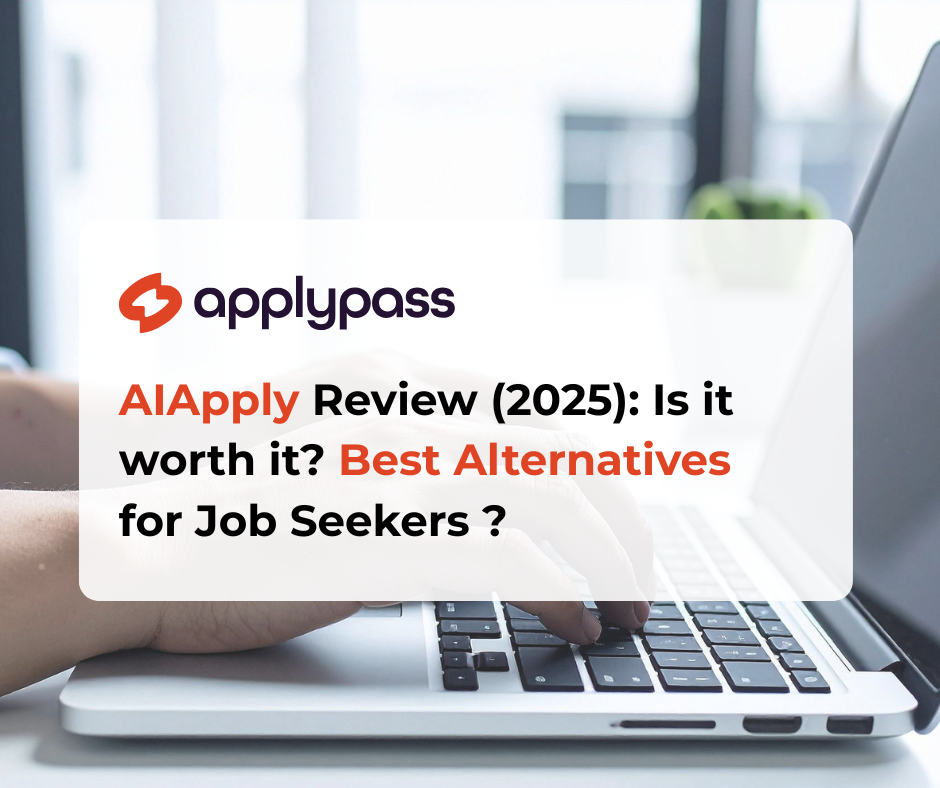Did you know that a resume objective can actually hurt your chances of getting hired?
We were taught in school about how to structure a resume. Career objective, education, past experience, etc. But times change, recruiters are bombarded with hundreds of applications and their attention-span has decreased to a mere few seconds.
If your resume looks like a cookie-cutter replica of every other software engineer resume, chances are, you may be overlooked.
We conducted a study that analyzes 6,231 job applications and resumes across almost 700 cities and came to a data-backed conclusion for you.
Read this article to learn why you should delete your software engineer resume objective statement.
Your resume could be making you 29.6% less hireable for your next software engineering position.
Career Objectives Hurt Every Software Engineer
A software engineer resume objective (although sometime necessary) can feel repetitive and scripted to a technical recruiter.
With only a few seconds to digest your application, a resume objective doesn't help employers determine whether they'd like to invest further time on you.
If you have more than 1 year as an experienced software engineer, opt-out of writing career objectives in your resume. Despite your proven track record, if you include a career objective in your resume, you are 20-67% less likely to get hired for that software engineer position.
It doesn't even matter if you have exceptional interpersonal skills and technical knowledge, you may not even get to the interview stage.
Exception to this Rule
Although this "No Resume Objective" rule may seem unorthodox, the data speaks for itself.
The only exception to this rule was for recent computer science graduates. Applicants with less than 1 year of paid work experience who included a resume objective received about 7% more interviews.
This isn’t a statistically significant advantage, but it’s a significant contrast to everyone else.
Why You Should Delete Your Software Engineer Resume Objective
After spending 10 years working with thousands of software engineers, the team at ApplyPass can confidently deduce that resume objectives are unnecessary to land a job.
Some resume objective examples that our team has come across typically look like:
- "Focused and hard-working individual looking to develop new skills to serve the greater good."
- "Ambitious student working towards a B.S. in Computer Science (pending graduation May, 2023)."
- "To acquire, and maintain employment. To utilize the training and skills I’ve received in the past 5 years."
These resume objective examples are (quite frankly) weak. Hiring managers don't really care if you want to "maintain employment." Instead of placing an empty sentence with no value in your resume objective, you need to fill that one sheet of paper with as much value that you can provide as possible.
Potential employers only care about you being able to do your job. They want to know that you can contribute to the company's growth and success.
However, there are a couple of mistakes that can deter potential employers from hiring you. Factors such as:
- spelling and grammar mistakes (rare)
- mismatch of interests (possible)
- a seed of doubt (common)
Resume objective statements can do more harm than good. Best case scenario, hiring managers will overlook it. Worst case scenario, it can give them an excuse to disqualify you.
This theory also explains why recent computer science grads get slightly more interviews if they include a career objective in their resume. An entry-level position always gets flooded with applications with no previous professional experience. Without any way of differentiating good talent from others, a good career objective can help a junior software developer stand out.
Does Your Industry or Role Matter?
Regardless of what software engineering role or industry you're applying for, having an objective statement in your resume will not help your job application.
According to our study, defining an objective statement negatively impacts 91% of roles.
However, there is a clear pattern as to when objective statement helped an applicant with a job role:
- over-saturated, entry-level jobs where it was hard to distinguish good applicants
- mission-driven fields where applicants’ motivations were especially important.
Our analysis is based on the thousands of software engineers that we've helped with their job search.
Which Kinds of Resume Objectives Actually Work?
Not all resume objectives will negatively impact your application process. The best career objectives described:
- how an applicant with little experience in software development stood out from other juniors
- how an applicant displayed passion and motivation behind their drive to make an impact
Here are 3 objective examples from applicants who were more likely to get hired:
- "Seeking an entry-level position where I can utilize my dynamic organization and problem-solving skills to assist in a fast-paced environment. Skills: able to efficiently contribute to high quality software products, developed creative software solutions, extensive knowledge of multiple programming languages."
- "Summa cum laude graduate with BS in computer science, graduated May 2015. Proficient in multiple programming languages."
- "Experienced with developing cutting-edge solutions; advanced problem-solving skills; previously employed at a leading organization specialized in database management"
What these "good" resume objectives share in common is that they're actually not even objectives. These applicants used the objective section of their resume to highlight their qualifications in the first few words. Brilliant!
Rather than summarizing their own personal objectives, these applicants showed the hiring manager exactly what they wanted to see in the shortest amount of time.
Again, here are 3 mediocre resume objectives that will reduce the likelihood of you getting an interview:
- "Focused and hard-working individual looking to develop new skills to serve the greater good."
- "Ambitious student working towards a B.S. in Computer Science (pending graduation May, 2023)."
- "To acquire, and maintain employment. To utilize the training and skills I’ve received in the past 5 years."
What these "bad' resume objectives share in common is:
- They are generic and basically convey zero information to a hiring manager.
- They describe the the applicants’ wants & desires rather than the hiring managers’ wants & desires.
- They sometimes contain spelling or grammar mistakes. (The examples above weren’t grammatically incorrect, but two had awkward punctuation.)
Conclusion:
If you're required to include an objective, don’t talk about your own wants and desires. Instead, use it to:
- casually name-drop a few of your skills that might appeal to hiring managers (in over-saturated fields)
- summarize your motivation (in mission-driven fields)
So, the next time you update your resume, remember—delete that generic objective and replace it with a tailored, impactful statement that sets you apart from the competition.
Ready to take your resume to the next level? Start customizing your objective statements today and experience the difference it can make in your job search and career growth. If you need further guidance, don’t hesitate to reach out to our career coaches.
Good luck finding your dream job! Happy job hunting!




